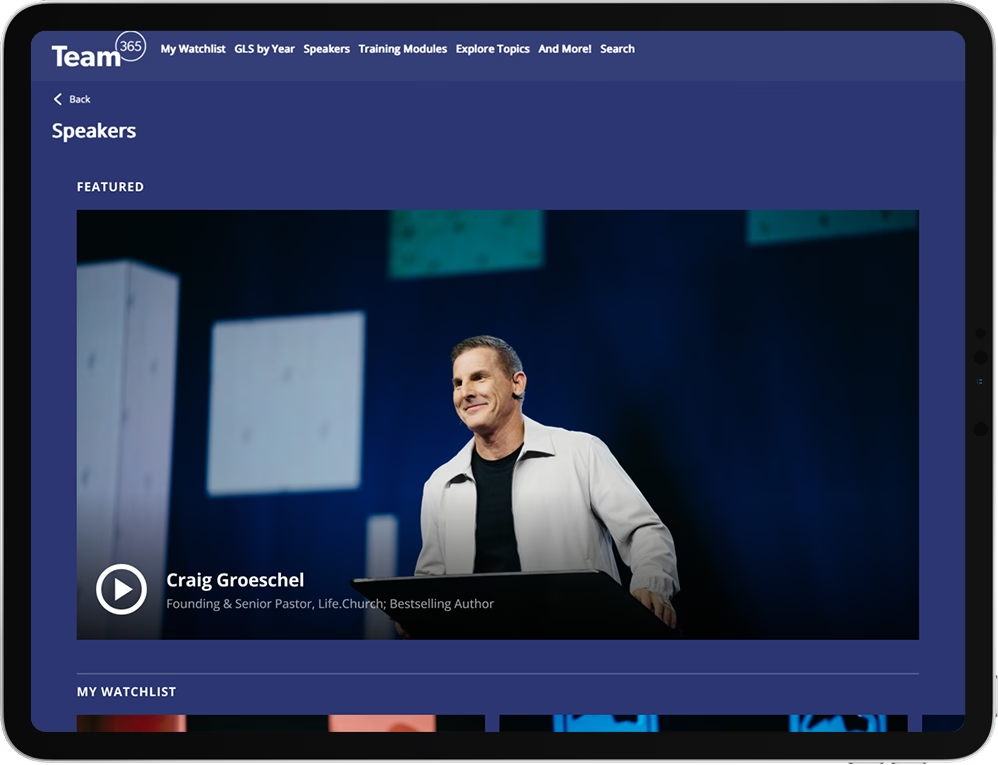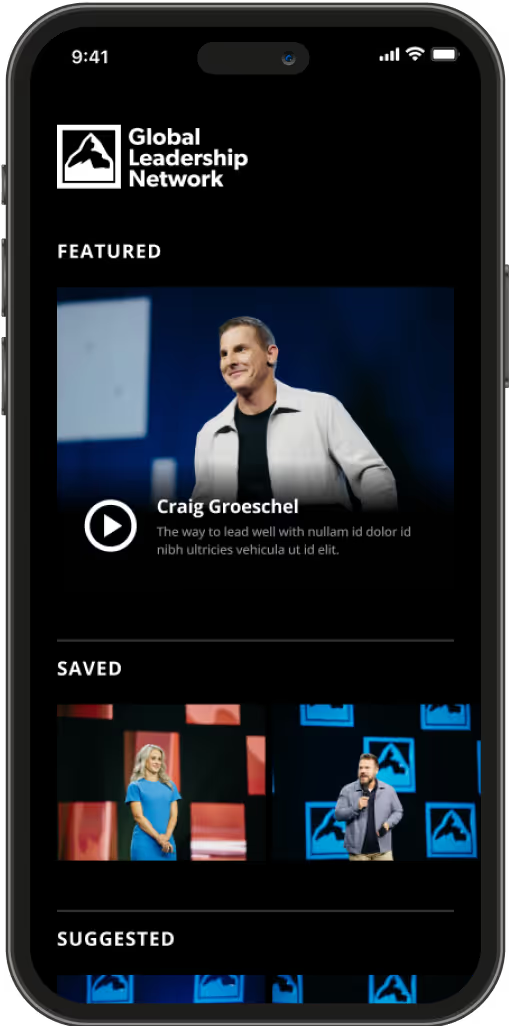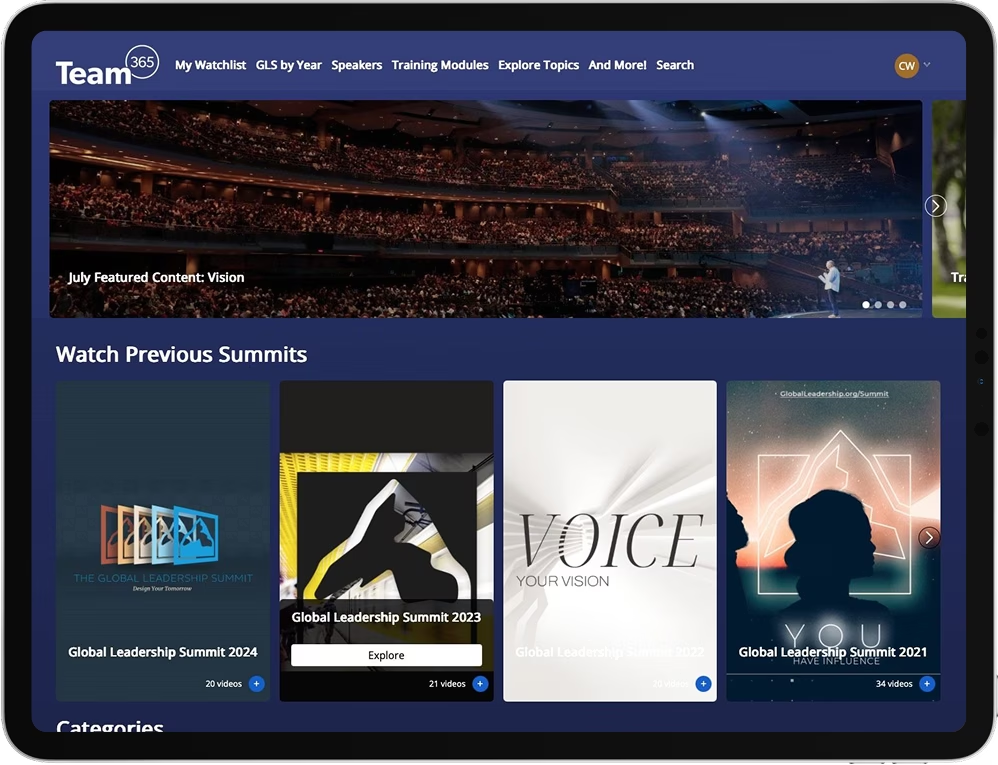Have you ever noticed that sometimes your most important work often gets lost in the whirlwind of urgent activities? In this episode, execution expert Chris McChesney talks with Kim Simios about his 4 Disciplines of Execution (4DX) method that helps leaders break through the whirlwind to execute on their most important goals. Chris and Kim explore the practical implications of executing the 4DX process then participate in an audience Q&A.
Get free, instant access to GLS Podcast Episode Show Notes. Leverage episode summaries, key takeaways, reflection questions, resources mentioned, related links and applicable downloads, including Show Notes PDF and Episode Audio File (MP3).
DOWNLOADS:
SUMMARY:
Have you ever noticed that sometimes your most important work often gets lost in the whirlwind of urgent activities? In this episode, execution expert Chris McChesney talks with Kim Simios about his 4 Disciplines of Execution (4DX) method that helps leaders break through the whirlwind to execute on their most important goals. Chris and Kim explore the practical implications of executing the 4DX process then participate in an audience Q&A.
KEY TAKEAWAYS:
- How do you help organizations execute a strategy that requires a high degree of buy-in?
- Leaders study strategy but they struggle with execution.
- In the moment, a human being will always choose the urgent over the important.
- People often excel at execution in a crisis because they understand the urgency.
- The 4 Disciplines were designed to increase the urgency of strategic priorities.
- Discipline 1: Focus on the Wildly Important
- Discipline 2: Act on the Lead Measure
- Discipline 3: Keep a Compelling Scoreboard
- Discipline 4: Create a Cadence of Accountability
- Disciplines “say easy” but “do hard.”
- There are always more good ideas than you have the capacity to execute.
- If the 4 Disciplines live at senior levels, they won’t do any good. They need to be implemented on the front lines.
- Key question to ask your team, “What are the fewest battles necessary to win the war?”
- Human beings can handle one Wildly Important Goal (WIG) in addition to their day job.
- When you add accountability to a goal, you are communicating that this is a high-stakes game.
- People want to be known, relevant and measured.
- It takes about two months of consistent work for the 4 Disciplines to catch fire.
- Teams will read the leader to determine how important this is to the leader.
- Key question to ask yourself (as a leader): “Do the people working for me feel like they are playing a high-stakes winnable game?”
REFLECTION QUESTIONS:
1. Think about your organization: Do Wildly Important Goals (WIGs) live on the front lines team level or only the organizational level?
2. If your team has identified a WIG, how are you doing at 1) Acting on Lead Measures? 2) Keeping a Compelling Scoreboard? 3) Creating a Cadence of Accountability? Identify the area that would help your team move forward in the 4 Disciplines process and take a step this week to do something about it.
3. If your team has not identified a WIG, work to identify one. You can do this exercise by yourself or with a team. Ask the following questions:
a. What are the fewest battles necessary to win the war?
b. If our team were to focus on one thing to move to the next level, what would it be
RESOURCES MENTIONED:
The Global Leadership Summit 2016
The 4 Disciplines of Execution by Chris McChesney
3 Signs of a Miserable Job (Now titled The Truth About Employee Engagement) by Patrick Lencioni
First Things First by Stephen R. Covey and A. Roger Merrill
Man’s Search for Meaning by Victor Frankl
RELATED LINKS:
Related
Ep 180: Juliet Funt on Freeing Your People (and Yourself) for High-Value Work
In this conversation with David Ashcraft, Juliet explains some of the mindset shifts that leaders need to undergo in order to be champions for “white space,” and to minimize unnecessary busywork in their organizations.
Ep 179: Les McKeown on Making Success “Predictable” (Pt. 2)
In this second part of a two-part episode, GLN President and CEO David Ashcraft continues his conversation with author and consultant Les McKeown on the lifecycle stages of organizations, and the different ways leaders can respond in order to meet the unique challenges of each stage.
Ep 178: Les McKeown on Making Success “Predictable” (Pt. 1)
Les McKeown recently sat down with the GLN’s own David Ashcraft to go deeper into the six stages in the lifecycle of an organization, and how leaders can respond in each of them.
Leadership That Lasts
Team365 isn’t just a platform. It’s a commitment to grow, lead and live with purpose — every single day. Whether you’re here for content, community or clarity, you’re in the right place. Your leadership matters. Let’s keep going.





